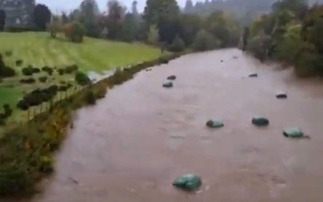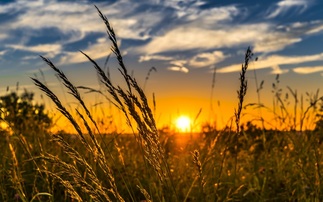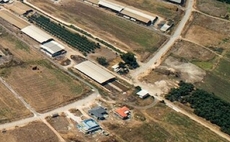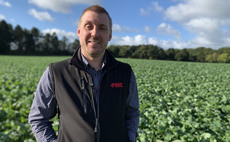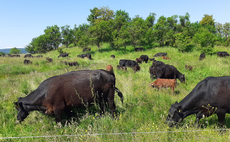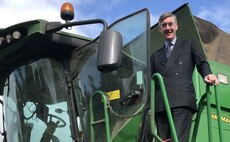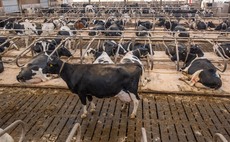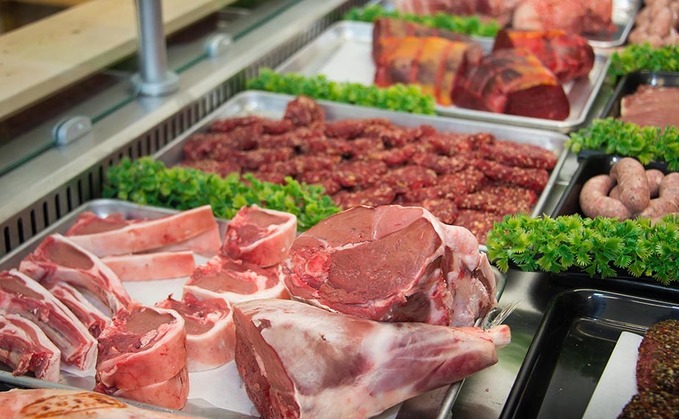
Livestock sector hits back at 'simplistic' claims about meat consumption
Industry levy body AHDB has hit back at reports that cutting meat consumption would equate to taking eight million cars off the road, describing the new findings as ‘disappointing' and ‘simplistic'.
The study, carried out by scientists at Oxford University, questioned 55,000 UK residents about their food consumptions and claims to be the most accurate calculation obtained so far of how what we eat affects the planet.
According to members of the Livestock, Environment and People (LEAP) project, the dietary impacts of vegans were around a third of high meat eaters. The study also showed a 30 per cent difference between high- and low-meat diets in terms of environmental harm.
However, AHDB said the findings conveyed a ‘simplistic conclusions to a very complex topic.'
The statement said: "Foods fulfil different roles within our diets and therefore cannot be fairly compared by weight, calorie or even nutrient contribution. Limited intake of animal based foods has also shown to increase nutritional inadequacy, an area often overlooked by these kinds of studies.
"In the UK, most of the meat consumed is produced here in the UK, which thanks to our climate and the efficiencies of our farmers is among the most sustainable in the world. Red meat imports in 2022 came from fewer than 50 countries, so for the study to compare statistical averages taken from 119 countries seems irrelevant."
Failure
Tony Goodger, communications and marketing spokesperson at AIMS said the study also failed to address the UK's reliance on convenience food over locally sourced fresh ingredients.
Mr Goodger said: "These multi-ingredient products manufactured using products bought from across the world, often on the basis of a spot price/lowest price point probably do not take into account either environmental factors associated with the production and transportation of those ingredients nor the possible working conditions of the human workforce from farm to processing prior to export to the final manufacturing destination.
"The report also does not appear to acknowledge the role that carbon sequestration plays, leaving us to wonder if that has remained in the University of Oxford's too difficult to measure tray."
Lead author Professor Peter Scarborough said the findings were significant and the results of meat's impact were clear.
"Our dietary choices have a big impact on the planet. Cutting down the amount of meat and dairy in your diet can make a big difference to your dietary footprint."
‘Cherry-picking data on high-impact plant-based food or low-impact meat can obscure the clear relationship between animal-based foods and the environment. But our results use data from over 38,000 farms in over 100 countries. They show that that high meat diets have the biggest impact for many important environmental indicators, including climate change and biodiversity loss.
"Even in ‘worst case scenarios' where most foods that are eaten in low meat diets are produced by methods with high environmental impact and most foods that are eaten in high meat diets are produced with low impact methods, low meat diets still have substantially lower environmental impact."












